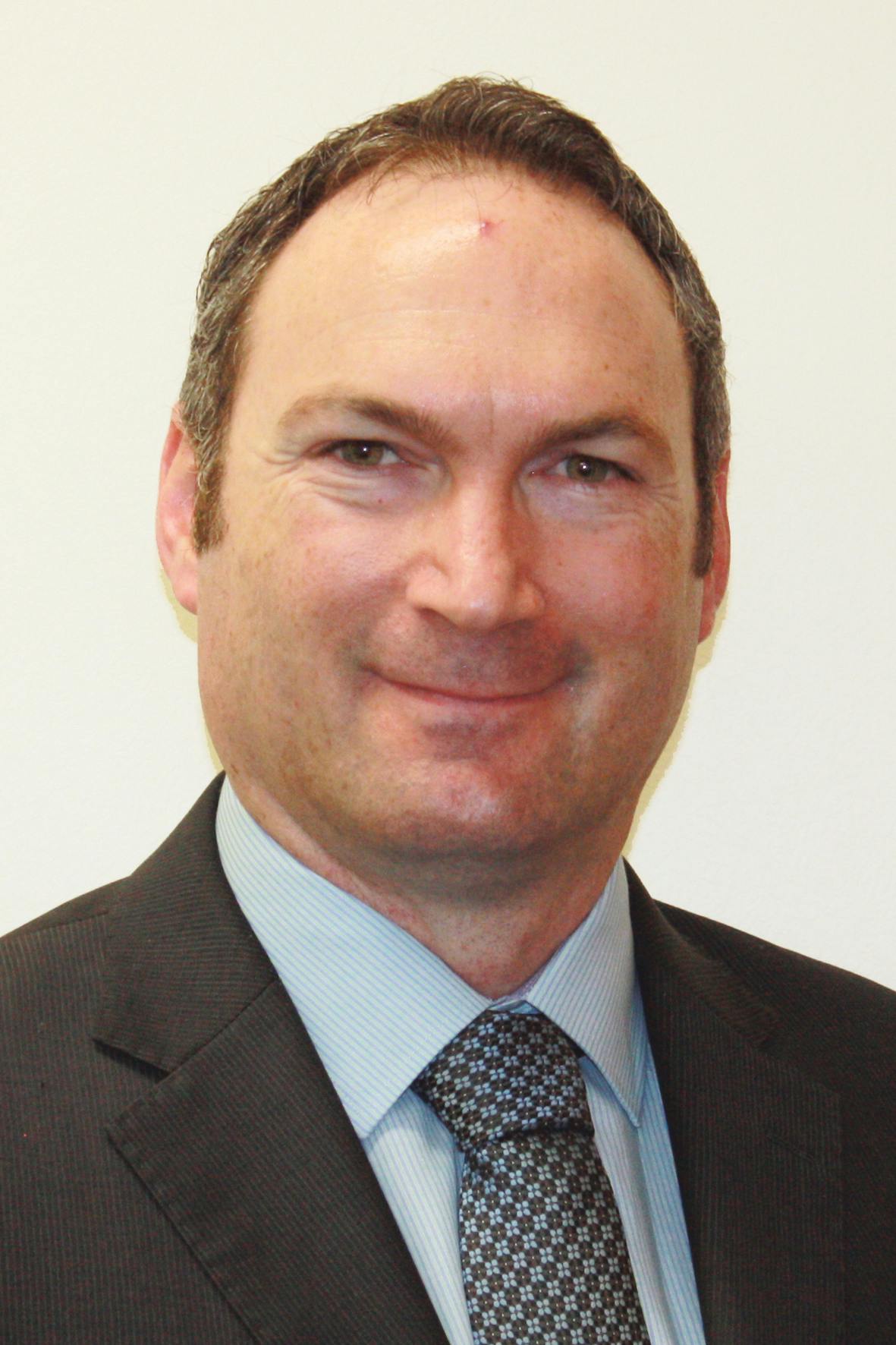CLOSED - Elections 2022
Consultation has concluded
The local elections have now ended, for the official results please see:
What are your big issues for the city?
Invercargill and Bluff will elect their new Council and Community Board on 8 October 2022. You can now find the full list of candidates here or in the Important Links section.
This page includes information on the big issues for this election along with tips for how to run for Council or the Bluff Community Board and what it is like to be an elected member.
Find our pre-election report in the Documents section for download.
The big issues for 2022:
- Inner city vibrancy. Council’s vision is to build a city with heart – He Ngākau Aroha. The City Block development, the new Langlands hotel and the Council’s work on the city streets will transform the city centre. We need to work together as a community to help bring activity back into the city centre as the building work finishes and Covid restrictions lift.
- Delivery of Our Roadmap to Renewal. Council has begun work on its Roadmap to Renewal projects, including Anderson House, city streets and the Southland Museum and Art Gallery - but there is a long way to go. The next Council will help keep delivery on track in a challenging construction market and consider the approach for later projects, including Destination Play, Rugby Park Renewal and the additional pool at Splash Palace.
- Three Waters. If reform proceeds on schedule, Council will transition responsibility for water, stormwater and sewerage, to the new water entity in 2024. There are major projects in progress ahead of this transition, including the renewal of the Branxholme water main, preparation for consent renewals for the wastewater plant in Clifton in 2025 and the implementation of the new Stormwater Bylaw. The new Council will help put Invercargill in the best position possible so that local people continue to enjoy access to good quality water services.
- Local Government reform. What Local Government does and how it is governed is likely to change. Under the Government’s current proposals there will be less focus on infrastructure and more focus on community social, cultural, environmental and economic wellbeing. Through this time of change Council will need to find new ways of responding to the community’s desires for local solutions that work for local people.
- Community wellbeing. Covid has impacted all of our wellbeing – our physical and mental health and the connections we have as a community. We face other challenges – economic, including the cost of living and the possible closure of Tiwai and environmental – including the impact of climate change. The next Council will help shape what community wellbeing looks like for the future.
- Climate change. We are understanding more about the impact of climate change. Council has begun designing its key infrastructure, such as pipes, to cope with more extreme weather and has almost completed an assessment of its carbon impact. The next Council will need to consider how best the community can manage risk and adapt to climate change.
- Changing requirements for services. We now live so much more of our lives online and how people are using Council services is changing. We need to understand more about whether the changes we’ve seen over the time of the pandemic will become permanent and Council will need to consider what it does differently to respond.
- Investing for the future and managing affordability today. Invercargill’s population is growing and becoming more diverse. At the same time, a lot of Invercargill’s infrastructure – including some of our public buildings and much of our pipe network – needs to be upgraded or replaced. It is Council’s responsibility to balance which projects are the greatest priority and how they are going to be paid for.
- Working together as a team. Over the past 18 months the Councillors have focused on how they work together to promote more effective decision-making. The new Council will have the opportunity to build on this process to build a strong team and achieve outcomes for the city.
- What are your big issues? Get involved – ask a question of people standing for Council or consider standing for Council yourself!




